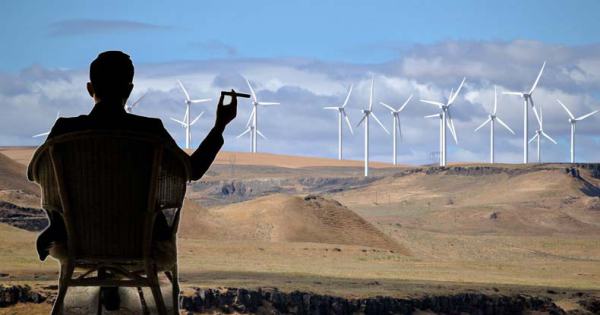
Breaking News
 Shocking Email From Epstein Files Implicates Former US Ambassador, Clintons, Bidens,...
Shocking Email From Epstein Files Implicates Former US Ambassador, Clintons, Bidens,...
 Episode 490 - The 9th Annual Fake News Awards
Episode 490 - The 9th Annual Fake News Awards
 Epstein Files Dump, Gov't Shuts Down, Trump ROASTS Don Lemon...
Epstein Files Dump, Gov't Shuts Down, Trump ROASTS Don Lemon...
 SILVER MASSACRE: The Crash Reveals CME-Shanghai Coordination (Bullish Signal)
SILVER MASSACRE: The Crash Reveals CME-Shanghai Coordination (Bullish Signal)
Top Tech News
 Critical Linux Warning: 800,000 Devices Are EXPOSED
Critical Linux Warning: 800,000 Devices Are EXPOSED
 'Brave New World': IVF Company's Eugenics Tool Lets Couples Pick 'Best' Baby, Di
'Brave New World': IVF Company's Eugenics Tool Lets Couples Pick 'Best' Baby, Di
 The smartphone just fired a warning shot at the camera industry.
The smartphone just fired a warning shot at the camera industry.
 A revolutionary breakthrough in dental science is changing how we fight tooth decay
A revolutionary breakthrough in dental science is changing how we fight tooth decay
 Docan Energy "Panda": 32kWh for $2,530!
Docan Energy "Panda": 32kWh for $2,530!
 Rugged phone with multi-day battery life doubles as a 1080p projector
Rugged phone with multi-day battery life doubles as a 1080p projector
 4 Sisters Invent Electric Tractor with Mom and Dad and it's Selling in 5 Countries
4 Sisters Invent Electric Tractor with Mom and Dad and it's Selling in 5 Countries
 Lab–grown LIFE takes a major step forward – as scientists use AI to create a virus never seen be
Lab–grown LIFE takes a major step forward – as scientists use AI to create a virus never seen be
 New Electric 'Donut Motor' Makes 856 HP but Weighs Just 88 Pounds
New Electric 'Donut Motor' Makes 856 HP but Weighs Just 88 Pounds
 Donut Lab Says It Cracked Solid-State Batteries. Experts Have Questions.
Donut Lab Says It Cracked Solid-State Batteries. Experts Have Questions.
State Now Claims It Owns the Wind -- Taxing Renewable Energy "Out of Existence"

owever, shortly after their ventures began, Wyoming government officials, acting on behalf of fossil fuel interests, moved in for the kill.
The state legislature asked the question, "Who owns the wind?"
Without much debate, the Wyoming legislature quickly determined that the state does.
Unlike any other resource derived from the use of private property, which the property owner maintains from surface ownership, the state of Wyoming claims wind is different.
So, lawmakers decided to tax it. For the last several years, Wyoming has been taxing the power generated by wind turbines at $1 per megawatt.
Do not mistake this tax as part of the regular taxes that already apply to businesses like income tax and employment taxes. No, this is an entirely new tax based solely on the assertion by Wyoming officials that they own the wind.
"Wind is different than anything else. It's not like a mineral, which is something that sits there in the ground until you go after it," says Bob Whitton, chairman of the Renewable Energy Association of Landowners (REAL). "It's not like water that can be put in a lake or pond. The wind blows in and blows out and you can't put it in a pond, pipeline, truck or train and send it somewhere."



